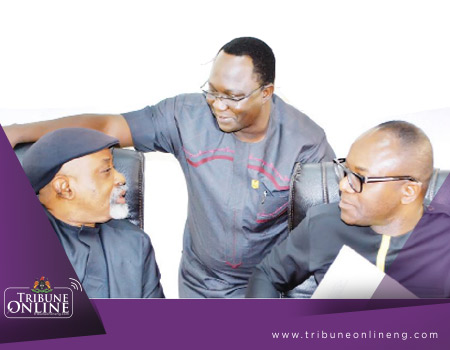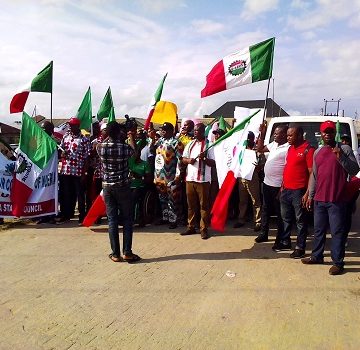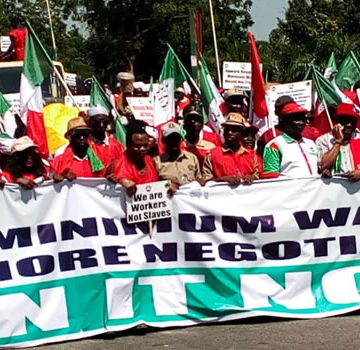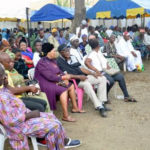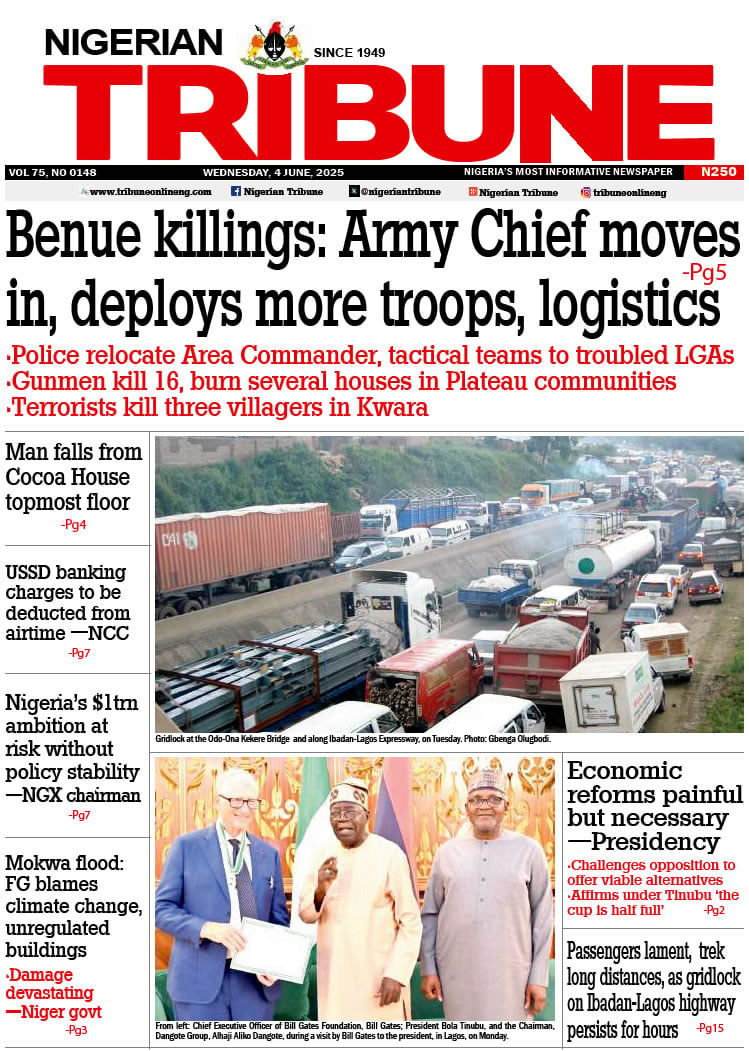While the political office holders have always enjoyed fat salaries and allowances, the workers in history have always being at the very lower elb of poor salary arrangement or structure
Before 1978, when the present organised labour structure was put in place in the name of the NLC, and Comrade Hassan Sunmonu was the first president, there was no known notable structured minimum wage as we have today. Though, there was the popular Udoji pay package of 1975, there was no really negotiated process as we had in the last one year to arrive at a particular figure. The Udoji package came as a result of the oil boom.
ALSO READ: On the NLC strike
When Nigeria ushered in a democratic civilian era in 1979, however, and there was a pay rise for political leaders, Sunmonu began mobilization of the labour force for a new minimum wage agitation.
Labour, under Sunmonu leadership demanded for a N300 per month minimum wage in 1981. The result of this was a major strike, which culminated in President Shehu Shagari and the Hassan Sunmonu-led executive agreeing to a N125 per month pay package.
This, according to the Secretary General of SASCGOC, Comrade Ayo Olorunfemi, was the first major breakthrough in the history and agitation for decent minimum wage in Nigeria.
To show the seriousness at which the then government attached to labour and the issue of minimum wage, the Vice President, Chief Alex Ekwueme (late), led the negotiation on behalf of the Federal Government, with the Senate President Dr Joseph Wayas, and Speaker of the House of Representatives, Edwin Ume-Ezeoke.
During the military regime of General Abdulsalami Abubakar, Nigerian workers demanded for another increase in wages, and there was negotiation against this demand in 1989 to 1990. The wage was successfully increased to N3,000. However, by this time, the military government had banned and disbanded the NLC. So, a committee of industrial unions, led by Sylvester Ejiofor, led the negotiation.
Following a successful transfer of power to another elected civilian government led by a former Military Head of State, President Olusegun Obasanjo, the organised labour under the NLC got its voice. Comrade Oshiomhole became the NLC President. There was a fierce demand for a new wage and there was negotiation between 2000 and 2001. The demand of N5,500 for state workers and demand of N7,500 for the federal workers and oil-producing states workers were agreed to.
At this point, Nigeria tried to follow the norms as applicable in other civilized parts of the world. There were provisions that the following year (2002) there would be a 15 per cent increase across board, and a 25 per cent increase in 2003.
But as characteristic of Nigeria, these encouraging provisions were not fulfilled. However, the current N18,000 minimum wage was achieved in 2010 through a well negotiated tripartite structure under President Goodluck Ebele Jonathan.
It was a well designed structure signed into law by the National Assembly, and with a clear provisions that there will be constant review of the national minimum wage every five years. In that case, the minimum wage was already due for a review since 2015. It was negotiated under the immediate past NLC President, Comrade Abdulwahed Omar.
However, the provisions that could have forestalled any crisis was not followed when President Muhammadu Buhari came to power. This gave rise to agitations from organized labour in the past three years. The government was forced to inaugurate the Tripartite Committee on the National Minimum Wage led by Ms Ama Pepple, a former head of the civil service of the federation, to negotiate a desirable wage for Nigeria workers since last year (2017).
After agitations, accusations and counter accusations between the organised labour and the Minister of Labour and Employment, Senator Chris Ngige, that culminated in strike actions and threats of indefinite nationwide strike this week, the President of the Federal Republic of Nigeria, Muhammadu Buhari approved N30, 000 new national minimum wage for Nigerian workers on Tuesday. The nationwide strike declared by the Organised Labour is expected to commence on Tuesday but for the quick intervention of the President.

